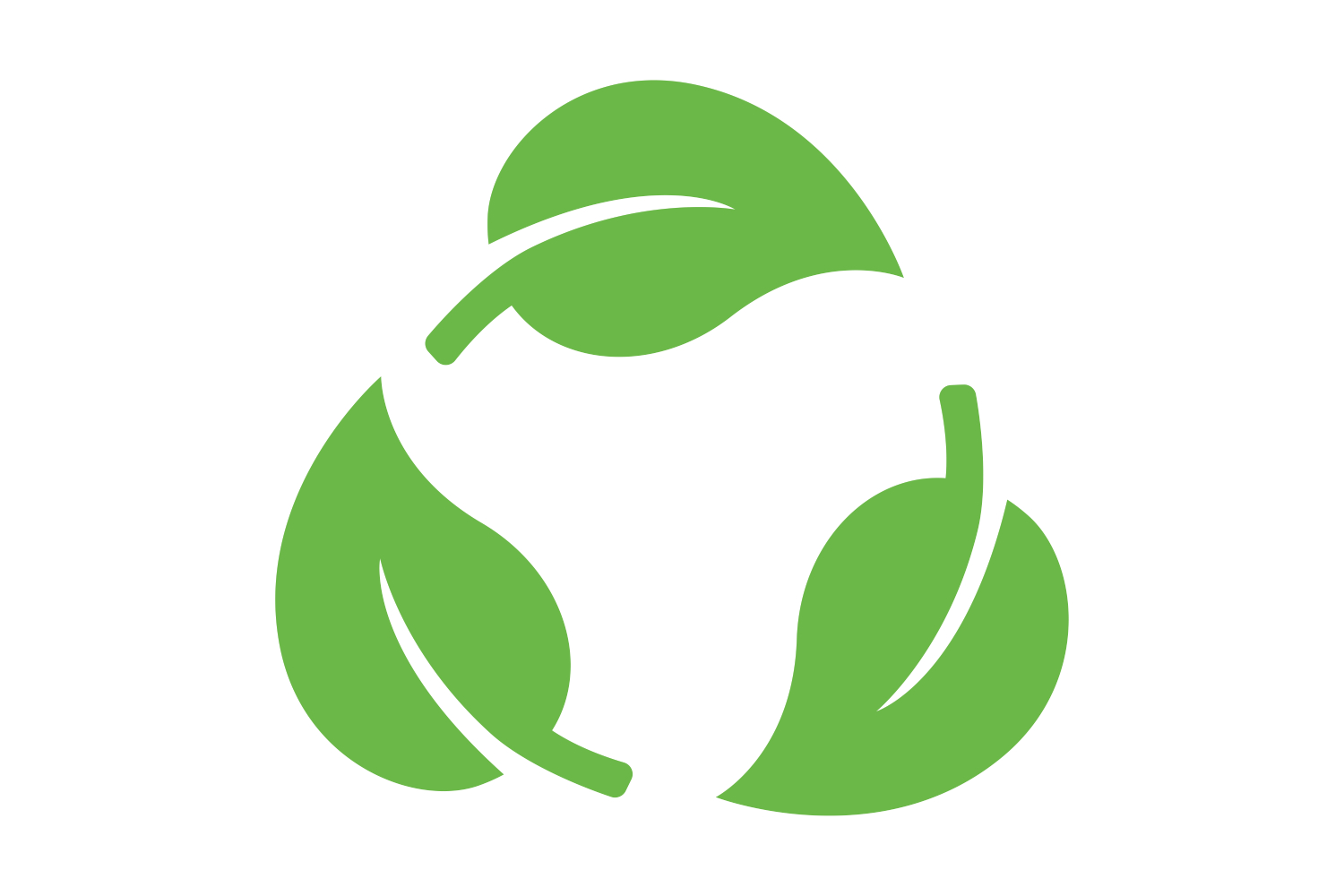28 times more organic producers in Bulgaria for 10 years
The production of organic products in Bulgaria is growing with a good pace. According to MAF, certified operators in organic production in Bulgaria in 2015 were 6173, and in 2010 - only 820. From 2006 to 2015 the number of organic operators grew about 28 times and the area of certified land for the same period has increased more than 20 times.
The data on the status and development of organic farming in Bulgaria and in the world were presented at the Second National Round Table "Production and Marketing of Bulgarian bio products", held on the 15th of November 2016 on the premises of the BIA. The forum was organized by the BIA and the "FAEL" Foundation and more than 40 representatives of producers, processors and traders of organic products, institutions, universities and others took part.
During the forum it became clear that in the period 2010-2015 the processing of organic products grew with more than 50%. Another positive trend is that if in 2013 the certified land for organic production was 1.1%, in 2015 it grew to 2.4%.
In the field of organic farming the largest increase occurred in permanent crops (walnuts, hazelnuts, almonds, chestnuts, etc.), followed by cereals, industrial crops (essential oils, medicinal plants and spices), and the smallest growth is in fresh vegetables and fruit production (melons, strawberries, cultivated mushrooms, etc.). Bulgaria ranks first in the world in the export of oil rose and lavender. Due to the increased interest in the production of organic wine over the last few years, the area under wine grape varieties grown organically, had a significant increase.
In terms of organic livestock breeding particular attention was paid to the strong growth in the number of bee colonies. From 46 000 in 2010 they increased to 178 000 in 2015. Bulgaria has a tradition of many years in the export of various kinds of certified organic honey with an excellent quality and exports most of its production to the world markets.
However, Bulgaria has some issues with the marketing of organic products. The latest survey for the marketing of organic products was conducted in 2009. The overall opinion was that it is necessary to promote more widely the benefits of consumption of organically produced food and products as well as the organic production method as an environmental-friendly and preserving natural resources.
According to the representatives of "Lidl", there is greater demand for organic products, but there is still a lot to work on in terms of consumer culture and awareness of the advantages of organic products. The retail chain expressed their willingness to promote Bulgarian brands through free advertising in their advertising materials.
Mrs. Ulrike Straka - commercial representative of Austria in Bulgaria, said that Austria has over 21,000 organic producers and 1/5 of the land is suitable for organic production. She offered her help in contribution to the participation of Bulgarian producers in the annual organic farmers market in Vienna, which is ideal for establishing bilateral business partnerships.
In the current programming period the Rural Development Programme (RDP) supports organic producers on a separate measure "Organic farming" (Measure 11), which provides resources for switching to practices and methods for organic farming (Sub-measure 11.1) as well as for maintaining the practices and methods for organic farming (Sub-measure 11.2). “In the previous programming period there wasn’t any support for organic farming (excluding bee colonies)”, said Mrs. Eli Ilieva from the Bulgarian Association "Bioproducts" (BAB).
Among the key issues in the development of organic production in the country was pointed out the lack of targeted support for the processing of primary biological production. This, according to BAB, is the key reason for the added value of this type of production to be exported. Another problem, according to BAB, is the lack of consumer awareness about the benefits of organic food, the lack of advertising, promotion and development of internal market of organic products and the lack of a specialized market for organic products.
The common position of the participants in the forum is that educational, research and government institutions, farmers, processors and NGOs have to establish and implement common policies to support the effective production of organic goods.






